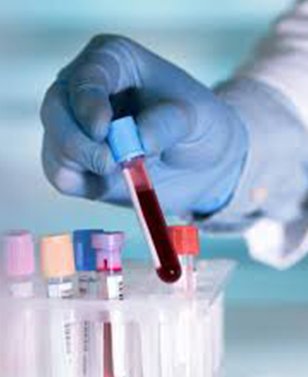
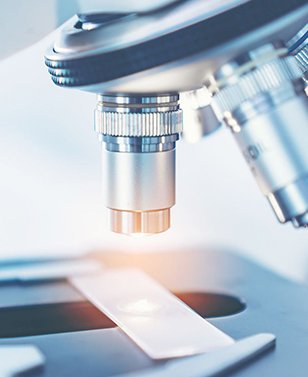
Clinical Pathology is a branch of medical science that focuses on the diagnosis and study of diseases through the analysis of bodily fluids, tissues, and cells. It plays a vital role in healthcare by providing laboratory data that informs medical decisions, treatment plans, and disease management.


A Biochemistry Laboratory is a specialized facility where biochemical tests and analyses are conducted to investigate the chemical processes within living organisms. In a clinical setting, biochemistry labs are essential for diagnosing and monitoring diseases, as well as assessing overall health.


A Microbiology Laboratory is a facility equipped to study microorganisms, such as bacteria, viruses, fungi, and parasites. It plays a critical role in diagnosing infectious diseases, monitoring antibiotic resistance, and supporting infection control measures in clinical and public health settings.
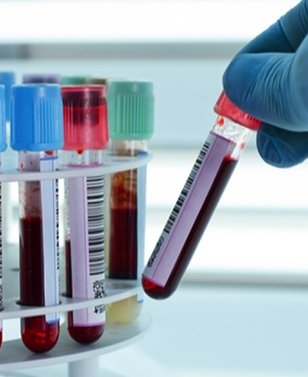
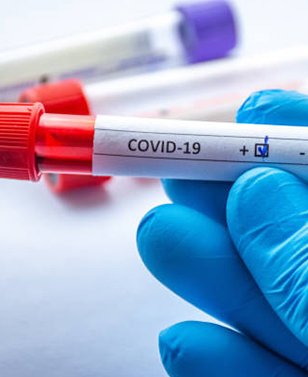
A Serology Laboratory is a specialized lab that focuses on the study of blood serum to detect antibodies or antigens. These tests help diagnose infections, autoimmune diseases, and monitor the body’s immune response to vaccines or infections. Serology plays a critical role in clinical diagnostics, public health, and disease prevention.
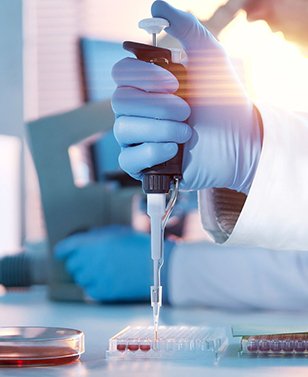
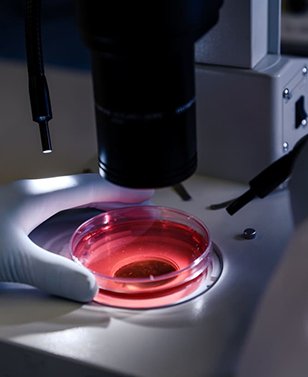
A Cytopathology Laboratory is a specialized lab that focuses on the study of individual cells and their characteristics to diagnose diseases, especially cancers. It involves analyzing cellular samples obtained from various body fluids or tissues to detect abnormal cells, identify infections, or determine the presence of malignant cells.


A Histopathology Laboratory is a specialized lab focused on the microscopic examination of tissue samples to diagnose diseases, particularly cancers, and to study the structural changes in tissues caused by disease. Histopathology plays a crucial role in understanding the nature and progression of diseases, guiding treatment decisions, and providing prognostic information.